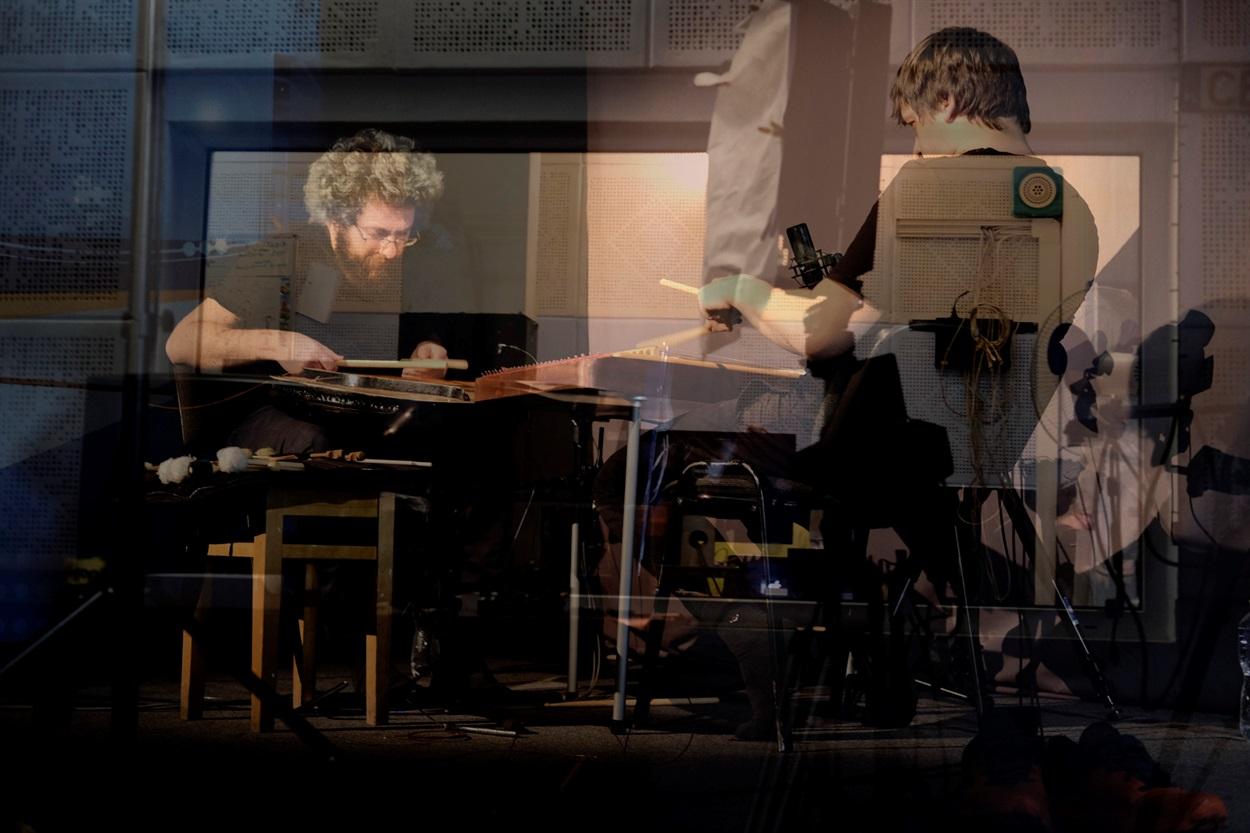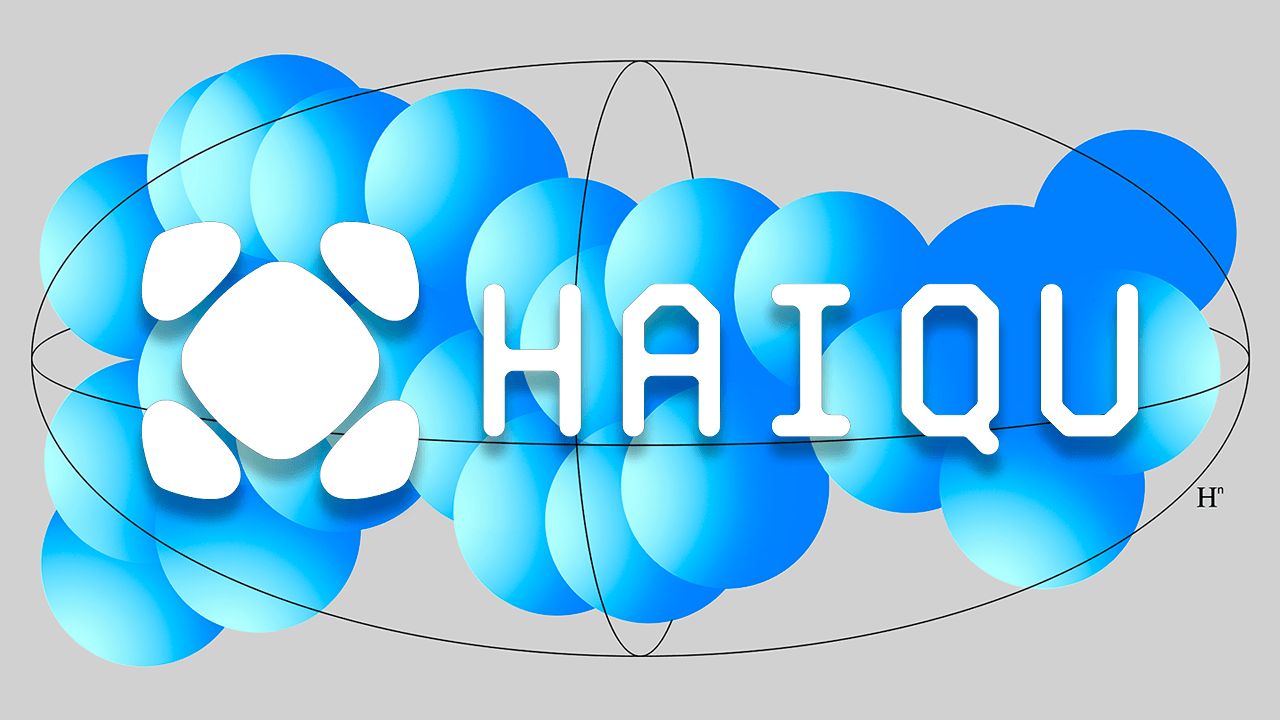Photo: Taras Telishchak
Mariupol, which since 2014 has been a symbol of Ukrainian resistance, has become a brutal example of tragedy and humanitarian catastrophe. Terrorist forces of the Russian Federation with the help of bombs and aircrafts are trying to wipe out the city and its inhabitants from the face of the earth, bombing homes, hospitals and schools.
On February 22, back then in peaceful Kyiv, Ukrainian composer Roman Grygoriv and Illia Razumeiko composed a piece for microtonal bandura, called "Mariupol". On the 21st day of the invasion and inhuman destruction of Ukraine, they performed "Mariupol" in the form of a 7-hour composition-installation on March 16. The broadcast was streamed from the studio of VEZHA TV and Radio Company in Ivano-Frankivsk, where composers relocated to.
Initially, the work lasted 10 minutes. But when we woke up on February 24 with the start of hostilities, we realized: we need to make a performative version of this work, which would last several hours. Endless, disturbing playing of similar musical patterns is the main artistic idea of ​​our performance.
Roman Grigoriv, ​​composer, director and founder of the laboratory of modern opera Opera aperta

Deliberate destruction of a free Ukrainian city is a criminal, military and moral crime. In the eyes of the world, Mariupol has become a symbol of humanitarian catastrophe and pain. We sympathize with countries worldwide, but over time people stop accepting the flow of information from Ukraine.
Illia Razumeiko, composer, director, co-founder of the Opera Aperta laboratory
A fragment of the composition-installation was presented at the Festival of Ukrainian Contemporary Music in New York.

When planning the broadcast, we thought we would have to interrupt it due to air raids. But taking up the tools, we delved into the events in Mariupol. Finally, the broadcast lasted 7 hours. At that time we did not know that it was on this day that the occupiers bombed the local drama theater…
Roman Grygoriv
Composers and musicians: Roman Grygoriv and Illia Razumeiko
Sound engineer: Eduard Zemlyanoi, Kobyletski Oleksandr
Video editing: Oleksyi Shamin






















